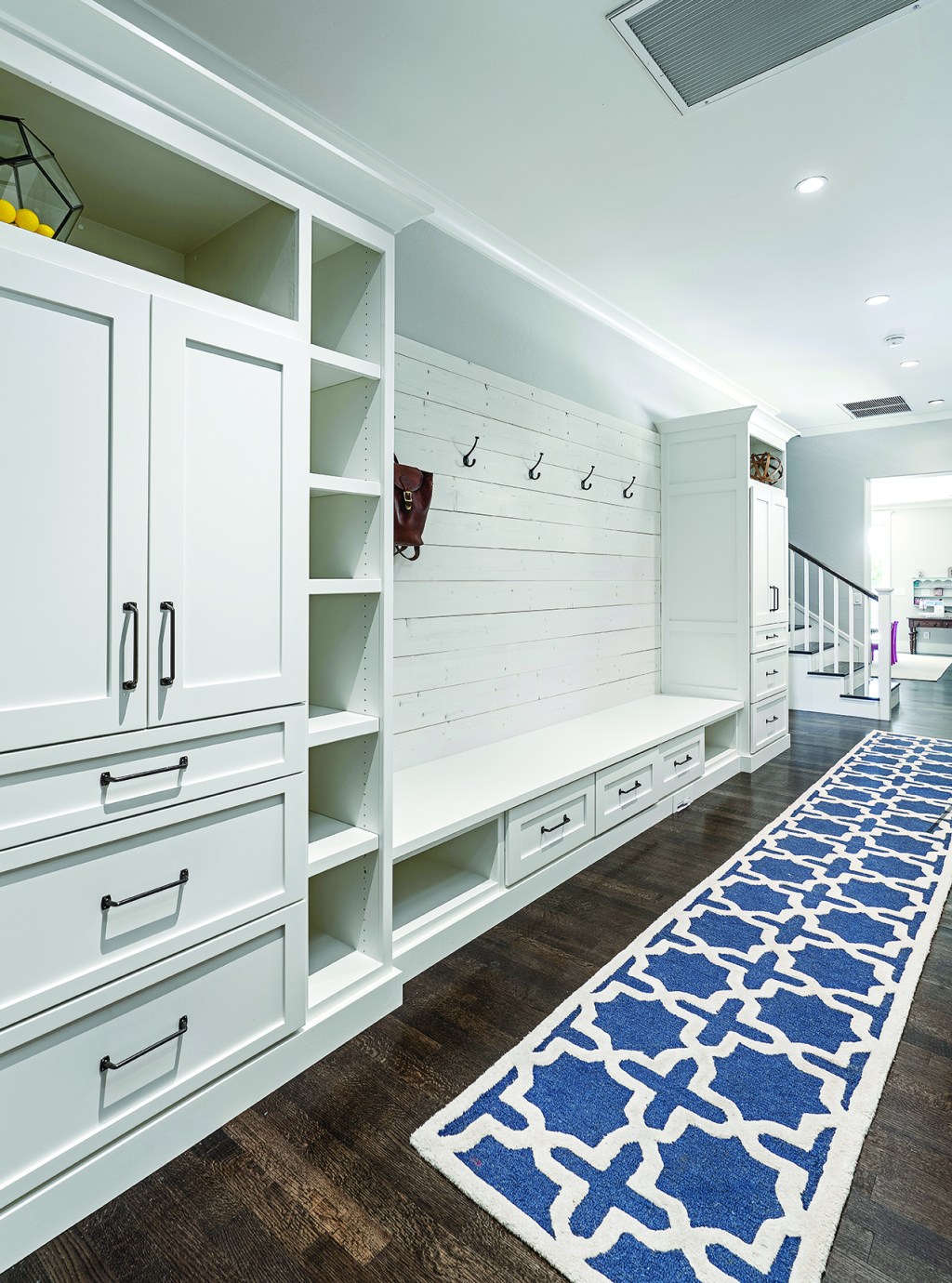Choose the Right Dog Breed for Your Lifestyle

A new dog can bring great joy and companionship, but a little research and choosing the appropriate breed will make all the difference as to whether he or she becomes a family member or just the family pet.
When buying or adopting, many people have their minds set on a specific breed, gender and size, without doing any research. New owners must consider these things to find the right dog for their particular lifestyle, or both dog and owner could end up frustrated and unhappy. Poor choices and an inability to meet a dog’s needs regularly result in an innocent animal being cast aside.
Every canine breed has its own innate character traits. The American Kennel Club (AKC) categorizes dogs into eight different groups—sporting, hound, working, terrier, toy, herding, non-sporting and miscellaneous. Choosing from these groups is a good place to start. Obviously, a sporting dog may not be the best choice for a couch potato owner.
It should also be noted that the size of a dog doesn’t determine his energy level. For example, the diminutive Jack Russell has a much higher energy level than that of a Great Dane. Smaller energetic dogs may not need a ton of room to exert energy, but they do require time to play ball or to go for a walk.
Another major consideration is whether or not a dog has the temperament and constitution to be around children. While some breeds should be avoided, there is no shortage of child-friendly options. One of them, the Bichon Frisé, is great around kids, while Dalmatians and Chow Chows have been known to be nervous and aggressive toward children. Small, fragile dogs, like Chihuahuas or Yorkies, may not be safe around toddlers or hyperactive youngsters—but not all small dogs are fragile. The Bichon is also a good example of a small-yet-sturdy dog. Just remember, never leave very young kids with dogs unsupervised.
Grooming, which can be time consuming and expensive, is another important factor. So don’t be seduced by the look of longhaired breeds if it’s not realistic to brush and clean them regularly. On the other hand, dogs with hair instead of fur are much better for people with allergies.
Adopting a dog should not be done on impulse. Even if the right breed is chosen, he or she still has needs that must be met. Too often, misunderstood pets are given away. If a dog is exhibiting destructive behavior, they could be suffering from boredom due to a lack of activity and exercise. They need to exert built-up energy.
Dogs will also chew on things they shouldn’t when experiencing stress or separation anxiety. They’ll usually choose an owner’s belongings to chew, since the smell makes them feel closer to that owner, but people misinterpret this behavior as spiteful and vindictive. “Dogs don’t have the capacity to think that way,” says Sag Harbor dog trainer Eden Sargent (xstew2000@optonline.net), who has been successfully training dogs using positive reinforcement for over 20 years.
Most of the time, a dog’s bad behavior is in response to environmental triggers or something the owner is doing, or not doing. Identifying and changing this trigger can usually correct the unwanted behavior. Hiring a dog trainer is another option, but owners need to participate in the work. “The key is leadership and getting the dog focused,” Sargent says.
If housetraining, teething and all the stress of puppyhood are too much, consider adopting an older dog—they usually arrive housebroken and trained. Adopting a rescued dog can be even more rewarding. They are typically very loyal to the person who has given them a second chance at a loving home. Petfinder.org allows you to search for a specific pure or mixed breed dog. If your heart is set on a certain breed, and it’s appropriate for your lifestyle, there’s a rescue group for almost every type.
Colleen Peterson is Red Cross–certified in canine first aid and CPR. She is the owner and operator of Petite Dog Care in Water Mill, a home-based dog care business for small breeds. Call 631-726-0183, email petitedogcare@gmail.com or visit petitedogcare.com.










